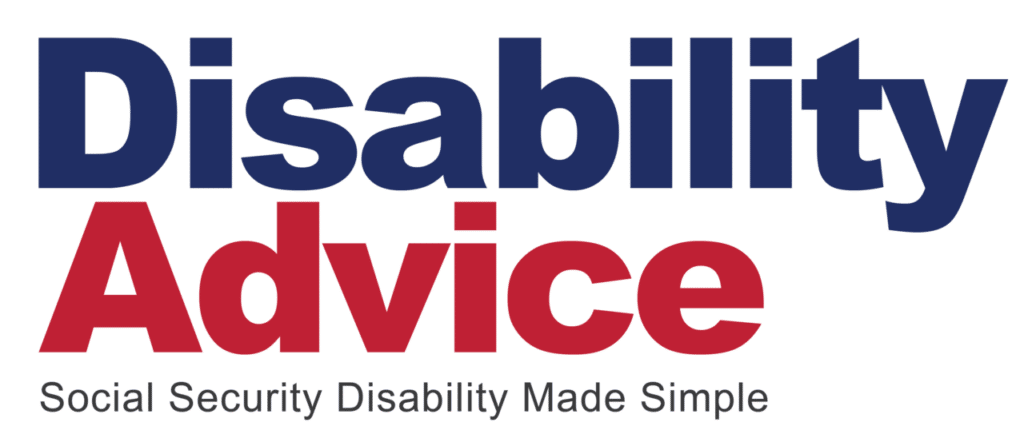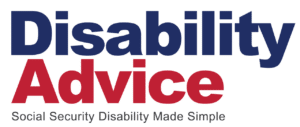On July 3, Congress recently passed the “One Big Beautiful Bill Act (OBBBA),” which introduces sweeping cuts to Medicaid and Medicare—two programs that millions of individuals with disabilities rely on for essential healthcare and services. As this legislation takes effect, millions are scrambling to navigate the challenges ahead.
The OBBBA and Its Impact on Medicaid
One of the most significant aspects of the OBBBA is its cuts to Medicaid, which is especially crucial for people with disabilities. The Congressional Budget Office (CBO) has estimated that the bill will slash federal Medicaid spending by $1.02 trillion by 2034, potentially leaving as many as 10.5 million people without the coverage they depend on. As states struggle to compensate for this loss, they will likely cut critical services, including home- and community-based services (HCBS), which are vital for those with disabilities.
Medicaid also supports a substantial number of individuals with disabilities living in rural areas. With hospitals at risk of closing and healthcare workers losing their jobs due to funding cuts, individuals with disabilities in these communities could face even greater challenges in accessing care. Disability Advice is here to provide the expertise and guidance you need to understand these changes and explore all available options to secure the benefits you deserve.
New Paperwork Requirements Could Cost Medicaid Recipients Coverage
The OBBBA introduces strict new paperwork requirements that could cause eligible individuals with disabilities to lose Medicaid coverage. Under the bill, recipients must prove they are working, participating in community service, or enrolled in part-time school for at least 80 hours per month to maintain coverage—unless exempt. This will disproportionately affect individuals with disabilities who are unable to meet these requirements due to their conditions.
Research has shown that such paperwork requirements often lead to loss of coverage without increasing employment rates, as evidenced by pilot programs in states like Arkansas and Georgia. Disability Advice advocates for individuals who may be at risk due to these new rules and offers support to help you navigate the complexities of Medicaid eligibility.
The Threat to Home- and Community-Based Services
Another critical concern for people with disabilities is the new category in HCBS waivers introduced by the OBBBA. The bill establishes new funding rules that would expand services to those who do not need institutional-level care. However, this funding is minimal and comes at a time when states are already facing significant budget constraints due to Medicaid cuts.
The limited funding allocated to these new HCBS waivers will likely result in increased wait times for services, leaving many individuals with disabilities without the support they need. As an advocate for individuals navigating the SSDI and Medicaid processes, Disability Advice is here to help you understand how these changes might affect your access to services and what you can do to minimize the impact.
How Disability Advice Is Helping You Navigate These Changes
At Disability Advice, we understand how deeply the OBBBA’s Medicaid and Medicare cuts will affect people with disabilities. We’re here to provide clear, actionable advice on how to handle these changes and continue accessing essential services.
Our team of experienced advocates can guide you through securing SSDI to provide a financial safety net if Medicaid and Medicare cuts affect your income.
If you’re concerned about how these changes will impact your benefits or need support in understanding your rights, Disability Advice is here to stand by your side. We’ll help you navigate the complexities of the SSDI process and advocate for the benefits you’re entitled to.
What’s Next for Medicaid and Medicare Recipients?
As the full impact of the OBBBA begins to unfold, many will find themselves facing new challenges in securing healthcare and essential services. It’s crucial to stay informed about your rights and available resources. Disability Advice is committed to providing the support you need during this critical time, ensuring that people with disabilities can continue to receive the care and benefits they rely on.
If you have any questions or concerns, don’t hesitate to reach out to us. We are here to help you understand how the OBBBA will affect you and how to secure the benefits you deserve moving forward.


